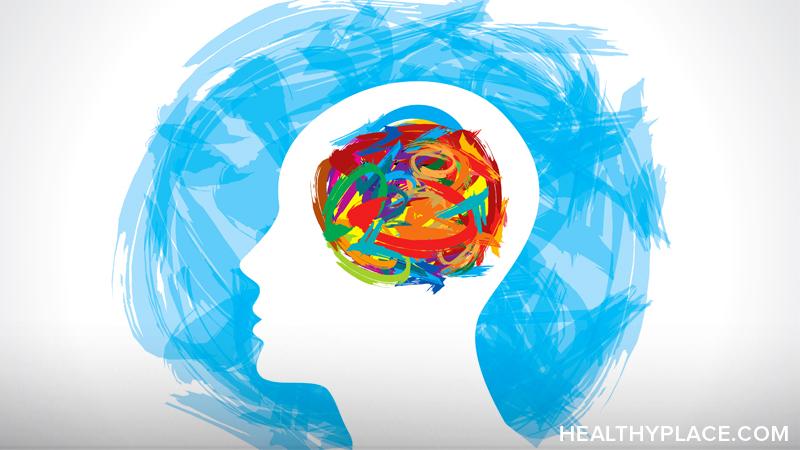How Self-Injury Affected My Health

The repercussions of self-injury go beyond the obvious. By sharing a bit about how self-injury affected my health, I hope to help you better understand the full extent of what you—or perhaps a loved one—may be going through.
Self-Injury and Physical Health
The most obvious effect of self-injury on your health is physical. After all, it's right there in the phrase itself—harm.
But there's more to it than the wounds you inflict and the scars they leave behind. Infection is always a possibility and can be a much bigger deal than you might think—especially if you have any medical conditions that increase your vulnerability.
I never got any of my wounds seriously infected, luckily. But I did suffer other physical consequences:
- Staying up late to self-harm made me tired and triggered migraines.
- Worrying about being found out kept me tense, which sometimes became painful (and triggered more migraines).
- Wearing long sleeves and pants in hot weather put me at a higher risk of heat stroke.
- The stress of keeping it a secret made me more vulnerable to catching colds at school.
And yes, I still have my scars, even more than 10 years later.
Self-Injury and Mental Health
Mental health and self-injury also share obvious connections, of course. Self-harm is both a symptom and contributor to poor mental health, in my experience. For me, self-harm affected my mental health in several ways:
- Staying up late made me unfocused and irritable.
- Hurting myself led to guilt and shame, which exacerbated my depression and anxiety levels.
- Keeping it all a secret increased my stress, which also exacerbated my other issues.
- My scars were a constant reminder throughout recovery that I couldn't simply forget the past.
That's the self-harm trap, of course. Your brain tells you it's helping because, for a brief moment, it can make you feel a little better. But in the long run, it makes everything so much worse.
Quitting Self-Injury Is Good for Your Health (In More Ways than One)
Recovery isn't easy, but it is possible—and more than worth the effort.
Getting clean from self-harm forced me to work through my shame and guilt and let them go, one day and one step at a time. While it was stressful at first, it ultimately reduced my stress because I no longer had a self-harm habit to hide. (I was lucky in that my scars were pretty easy to miss, and those who did notice were easily convinced they were the result of playing with overeager cats.)
While I was never quite the same person as I was before it all began—you never are when you go through something as life-changing as self-harm—I felt like myself again, eventually. I was a slightly different me, perhaps, but still—I was me again. It was a good feeling.
Recovering from self-injury is good for your health because it's about healing all of your wounds—both physical and mental—while finding ways to stop feeling like you need new ones. With time, the urges grow less and less, and life goes on. The scars heal, perhaps even fade, and life goes on.
You learn to live with the past but not in it. And life, with a beautiful persistence, goes on.
APA Reference
Kim Berkley
(2023, January 12). How Self-Injury Affected My Health, HealthyPlace. Retrieved
on 2026, January 27 from https://www.healthyplace.com/blogs/speakingoutaboutselfinjury/2023/1/how-self-injury-affected-my-health
Author: Kim Berkley
I just read this while thinking of cutting the area on my thumb .Making the.excoriated area painful to touch thus discouraging any further picking.
How crazy is this.? I'm praying to have this idea removed as it's just adding to the self harm